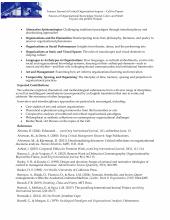Hermán García; Marc Pruyn
|
Abas Shekarey; Ali Rahimi
|
Dolores Byrnes
|
Seamus McGreal
Wyświetleń2189 Pobrań1217
|
Ronald Dick; Peggy Kellers
|
Adrian N. Carr
|
Nigel Christian
|
Frederick Harry Pitts
|
Craig Rich
|
Agata Dembek
Wyświetleń3175 Pobrań1174
|
Anna Marie Trester
|





